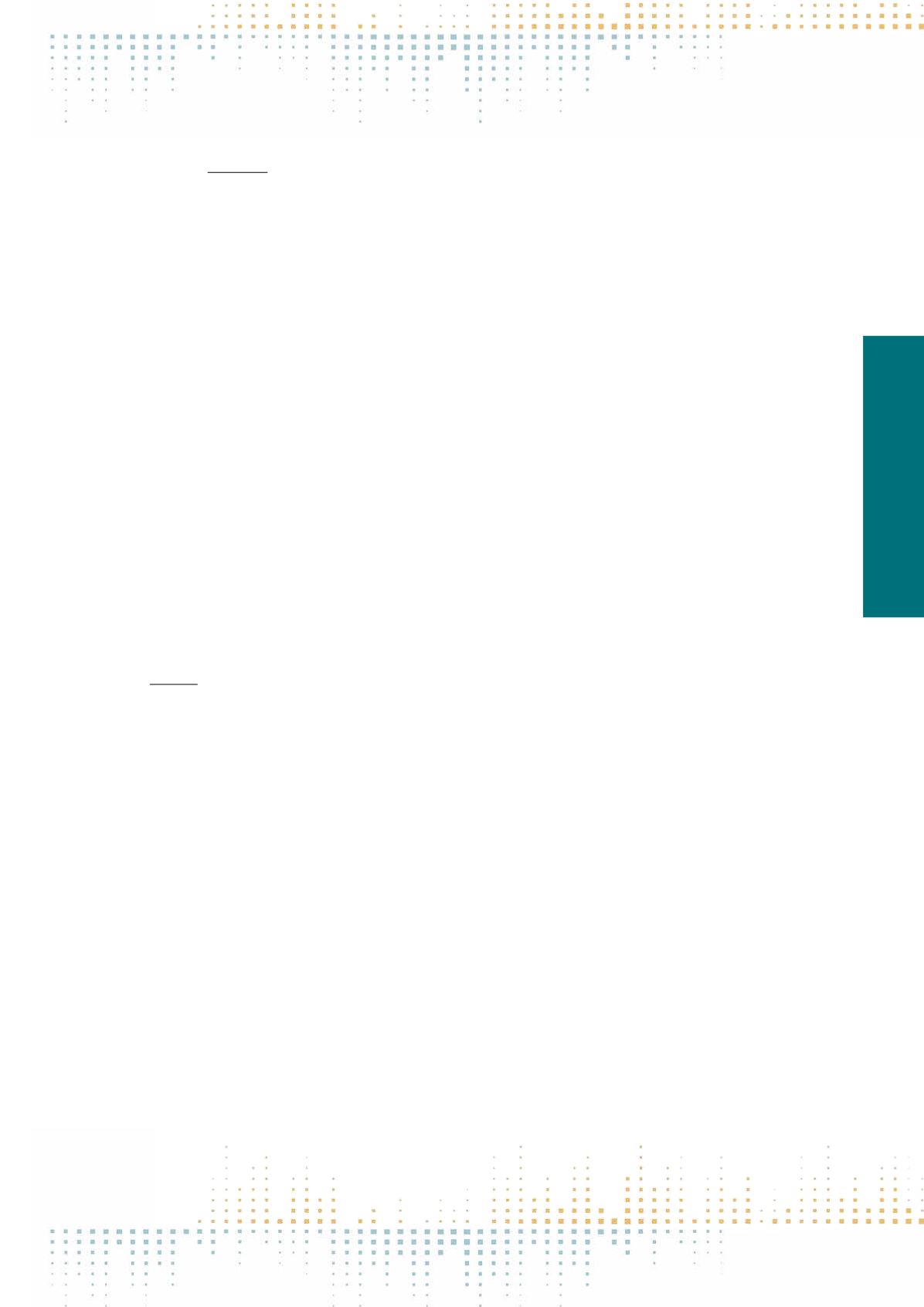

355
Thursday, November 10
0 9 : 0 0 – 1 0 : 3 0
PN 007
What Is Ethical? Exploring the Influence of University Education on Journalism Students' Ethical Views
F. Hanusch
1
, H. Harro-Loit
2
, T. Skjerdal
3
1
Queensland University of Technology, Digital Media Research Centre, Kelvin Grove, Australia
2
University of Tartu, Tartu, Estonia
3
NLA University College, Gimlekollen, Norway
The focus of the 21
st
century information ethics has moved from the question of publishing ethics towards information processing ethics. Cases likeWikileaks
and espionage charges against Edward Snowden as well as the phone-hacking scandal involving News International in the United Kingdom have revealed
that confidentiality and privacy concepts are changing and 21
st
century journalism ethics is partly in turmoil. On the one hand the privacy is becoming
increasingly important, on the other hand the evolution of democracies depends on an informed public having access to information that power-holders
would prefer to hide. While there are numerous studies engaging with the ethics of journalism, including the ethical views of journalists, comparatively
less is known about how these ethical views might be developing over the course of journalists’ education. With increasing numbers of journalists across
the globe now holding a university degree, it is therefore important to examine the ways in which tertiary journalism education may actually influence
students’ ethical views. Past studies have shown that journalism students’ ethical views tend to be broadly in line with practicing journalists in many
respects, but also different in others. To better understand educational influences, then, it is crucial to inquire into this question more deeply. This paper
will examine the influence that journalism education has on journalism students’ developing ethical views across almost 30 countries. We are interested
in the ways in which these students interpret journalistic ethics and make sense of changing concepts in this area. Based on an unprecedented data set in
size and representativeness, we investigate similarities and differences between journalism students who are at the beginning of their degree and those at
the end of their degree. Determinants will be investigated on the individual level by examining the influence of gender, social and economic background, as
well as motivations for studying journalism in the first place, as well as their preferred area of specialization. Institutional influences will be tested against
individual universities’ backgrounds, such as the academic orientation (vocational and theoretical emphasis) and whether journalism programs offer eth‑
ics-specific courses. Finally, we test for macro-level influences by taking into account social, political, economic and cultural contexts across the countries
studied. In doing so, we focus on ethical questions concerning deception and the value-dilemma which journalists face in daily practices: confidentiality
versus transparency. Both these aspects of journalism ethics are linked to the normative aspects concerning the information gathering phase in journalistic
information processing and these controversial choices are usually discussed in ethics classes. We also enquire into the extent to which journalism students
may hold loyalties and accountability towards different stakeholders, including sources, private persons, business organizations and government. By asking
students about a range of ethical practices asking them to indicate whether they are always, sometimes or never justifiable, we are also able to identify
where students rank in regard to situational vs. universal ethics.
PN 008
The Only Certainty Is Change: Future Journalists' Perspectives on News Industries Across the World
D. Jackson
1
, E. Thorsen
1
1
Bournemouth University, Bournemouth, United Kingdom
The news industry is experiencing a series of seismic changes that are threatening to destabilise established forms and practices of journalism. Media own‑
ership is consolidating and gradually concentrating power in the hands of a few, whilst public service broadcasters are under increasing pressure to scale
back their operations - undermining media plurality and threatening job security for journalists. Across the world, journalists are experiencing commercial
pressures in different ways, from the influence of advertisers and PR, to newsroom cuts and changing working practices.The UK national newspaper, the In‑
dependent, recently announced that it was ceasing its print publication and going online-only, whilst the BBC has similarly ceased broadcasting one of its
channels and made it accessible only via its website and mobile apps. Both are indicative of global trends reflecting how traditional media are responding
to fluctuating technological environments and audience behaviours - exemplified by Newsweek ceasing print publication only to restart it again, and
Amazon founder, Jeff Bezos’purchase of TheWashington Post. Such shifts are also engendering new forms of digital storytelling and emerging brands that
seek to occupy the news media landscape - from Vice and BuzzFeed, via a plethora of mobile apps to a lively hyperlocal and community media - that are
both engaging and adopting the language of younger audiences. All the while, of course, journalists in many unstable or non-democratic countries are
facing a whole set of more fundamental challenges, from state interference to censorship and physical threats, though we should not assume that Western
journalists do not experience such restrictions in more subtle ways. Uncertainty and unpredictability therefore characterise the industry that journalism
students are soon to inhabit. But is this how they see it? In this paper we unpack a series of questions from the global survey of journalism students that
focus around: (1) How they rate state and private media performance in their country; (2) How optimistic they are for the future of quality news in their
country; (3)What they see as the major problems facing quality journalism in their country; (4)Whether the above factors influence how they see their own
role in the future, and their associated perceived job prospects. To answer these questions we draw on the results of a global survey of journalism students
(at all levels of university study), drawn from over 30 countries. This comparative perspective will give a unique insight into perceptions of challenges facing
the news industry and how these are shaped by (and reflect) contrasting media systems, political cultures and stages of economic development.



















